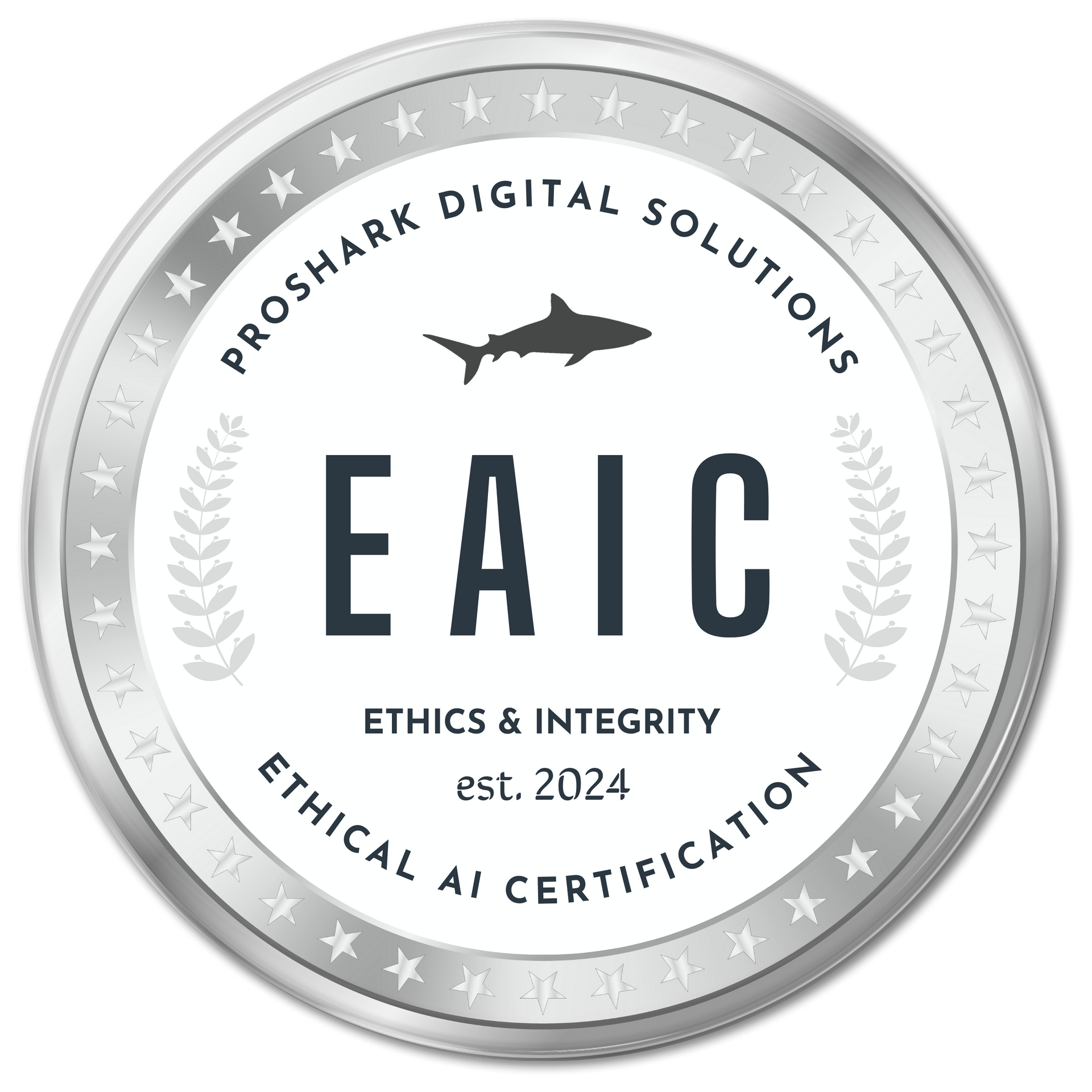Step 3: Review The Study Guide
(There will, indeed, be a quiz on this on the next page)
Section 1: Data Privacy and Security
- The ethical concern surrounding data collection in AI is that
users may not be aware their data is being used or how it’s being processed.
- GDPR (General Data Protection Regulation) is a regulation that aims to protect users' personal data in AI systems.
- Informed Consent, in regards to AI data collection, is users actively giving permission after understanding how their data will be used.
- AI systems have a responsibility to encrypt and anonymize its results when handling sensitive personal data.
- Data minimization refers to limiting the amount of data collected to what is strictly necessary.
Section 2: Protecting Artists, Authors, and Creators
- It is critical to protect artists, authors, and other creatives in AI development because unauthorized use of their work can lead to loss of income and intellectual property violations.
- There are many ways AI developers can ethically use copyrighted content, the foremost being obtaining proper licensing and permissions from creators.
- Fair Use is the limited use of copyrighted material for purposes like education, commentary, or research without seeking permission
- A popular suggestion to make AI-generated content more ethical is to acknowledge and compensate original creators for work used in the generation.
- Digital watermarking is a visible or invisible marker embedded in digital content to track usage and prevent unauthorized copying, meant to protect creative works.
Section 3: Accountability and Regulation in AI
- The role in human oversight in ethical AI is to ensure AI systems function in a responsible and fair manner
- AI decisions can have real-world consequences that affect people’s lives, which is why many advocate that companies be held accountable for their systems.
- It is recommended businesses conduct regular audits and impact assessments to ensure AI accountability.
- Regulations are important for businesses using AI tools, as they ensure AI is used responsibly and does not cause harm.
- Most forms of bias in AI training/results can be evaluated and measured by conducting third-party audits and fairness testing.
Section 4: The Future of Ethical AI
- Explainable AI (XAI) is AI that provides clear reasoning for its decisions
- Ethical AI development critical for the future because it ensures AI benefits society without causing harm
- AI developers can promote ethical AI adoption by designing AI with transparency, fairness, and accountability in mind.
- Consumers have the power to demand ethical practices and transparency from companies.
- Businesses benefit from adopting ethical AI practices by building trust with consumers and reducing legal risks.




